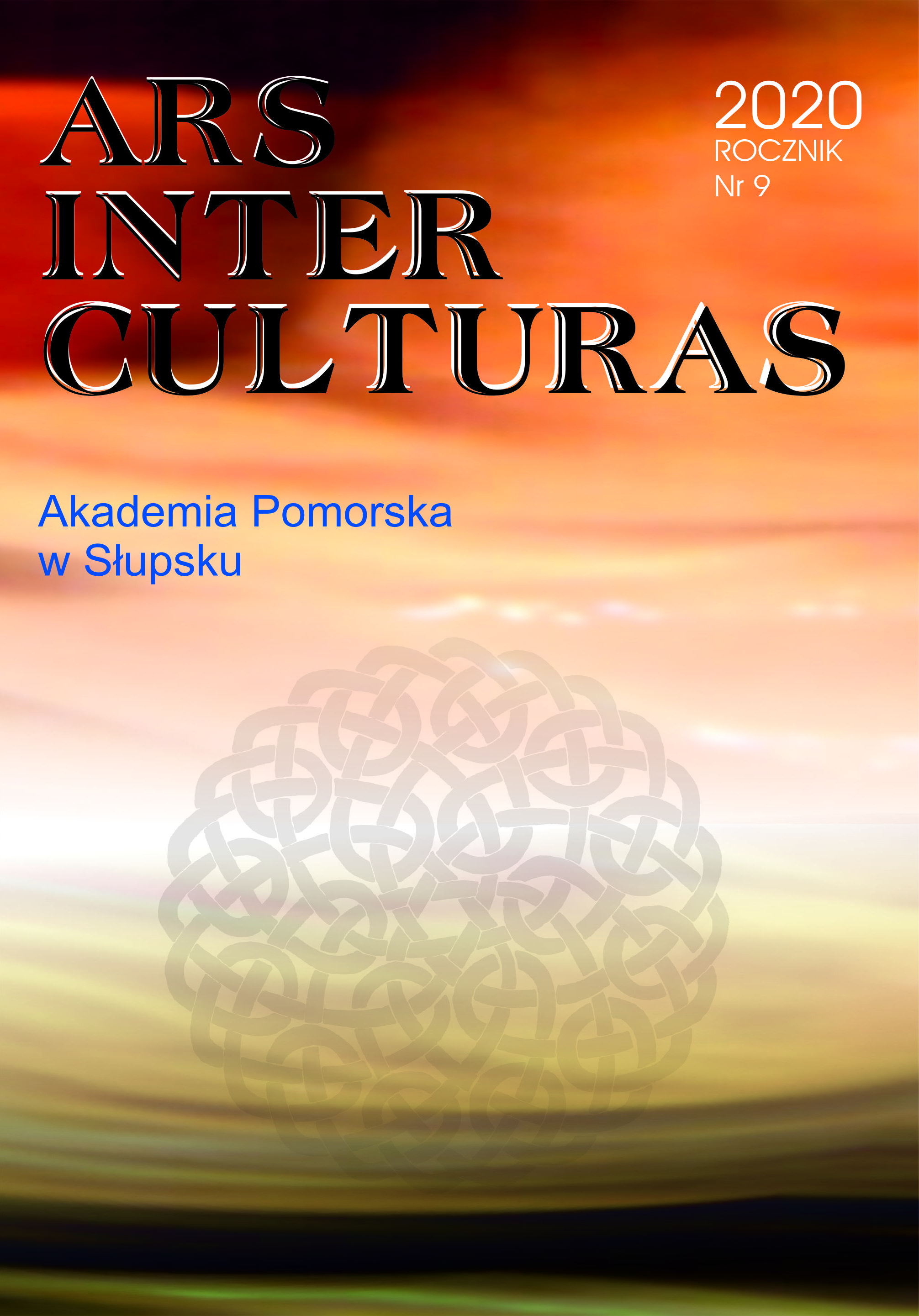Mothers in the process of supporting a child’s musical development in the prenatal period – today and earlier
Mothers in the process of supporting a child’s musical development in the prenatal period – today and earlier
Author(s): Beata BonnaSubject(s): Social Sciences, Fine Arts / Performing Arts
Published by: Wydawnictwo Naukowe Akademii Pomorskiej w Słupsku
Keywords: supporting the musical development of a child and the age of mothers; mothers’ knowledge of selected aspects of a child’s musical development; musical activity of women during pregnancy; children’s
Summary/Abstract: The study showed that mothers in both groups know about the bene ts of taking up musical activity during pregnancy. However, they di er in their assessment of these advantages, such as faster development of the child’s hearing and musical abilities, or the occurrence after birth of reactions to music the child knows from the fetal period. Statistical di erences were also found in the responses concerning the ways of acquiring knowledge on musical development in the prenatal period. More young women sought it out on the Internet, in scienti c literature, in women’s magazines, at universities, or at gynecology clinics, and admitted that they indeed had such knowledge. The respondents, however, were consistent in their assessment of the pe- riod during which the child begins to hear, and in their responses to the most important stages of the child’s musical development.The musical activity of women during pregnancy di ered in many respects between the compared groups. It was found that more women who had recently given birth engaged in it advisedly, aware of the impact of music on the child. Moreover, the respondents di ered in terms of how often they engaged in singing, listening to music, moving in time to music, and attending concerts of popular music, with the young mothers again being more active in this respect. Statistically, more younger women also sang lullabies and poetry, and listened to clas- sical, popular music, rock, hip-hop, reggae, and jazz.Further di erences were related to the ndings of the respondents concerning their children’s reactions to music in the prenatal and neonatal periods. It was demonstrated that more young women observed increased fetal mobility in response to music. They also noticed in their newborn children preferences for certain songs, particularly ones they knew from the prenatal period, along with such reactions as smiling, directing attention to the source of the sound, or giving the impression of listening to music. Young mothers were also more aware of the relationship between musical activity during pregnancy and after childbirth and later musical behavior.The results obtained in the present study should be explained by the dynamic growth of knowledge on human musical development of over the past several decades, and by its growing popularization. This is related not only to the increase of young mothers’ awareness of the bene ts of prenatal musical stimulation of children, but also to taking speci c actions, which gives hope for better use of its developmental potential.
Journal: Ars Inter Culturas
- Issue Year: 2020
- Issue No: 9
- Page Range: 217- 236
- Page Count: 20
- Language: English

